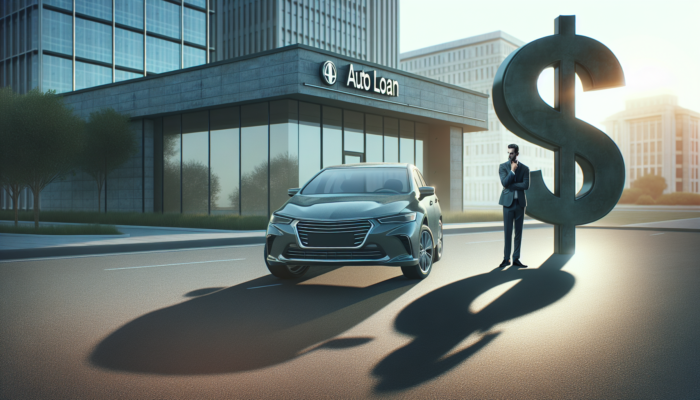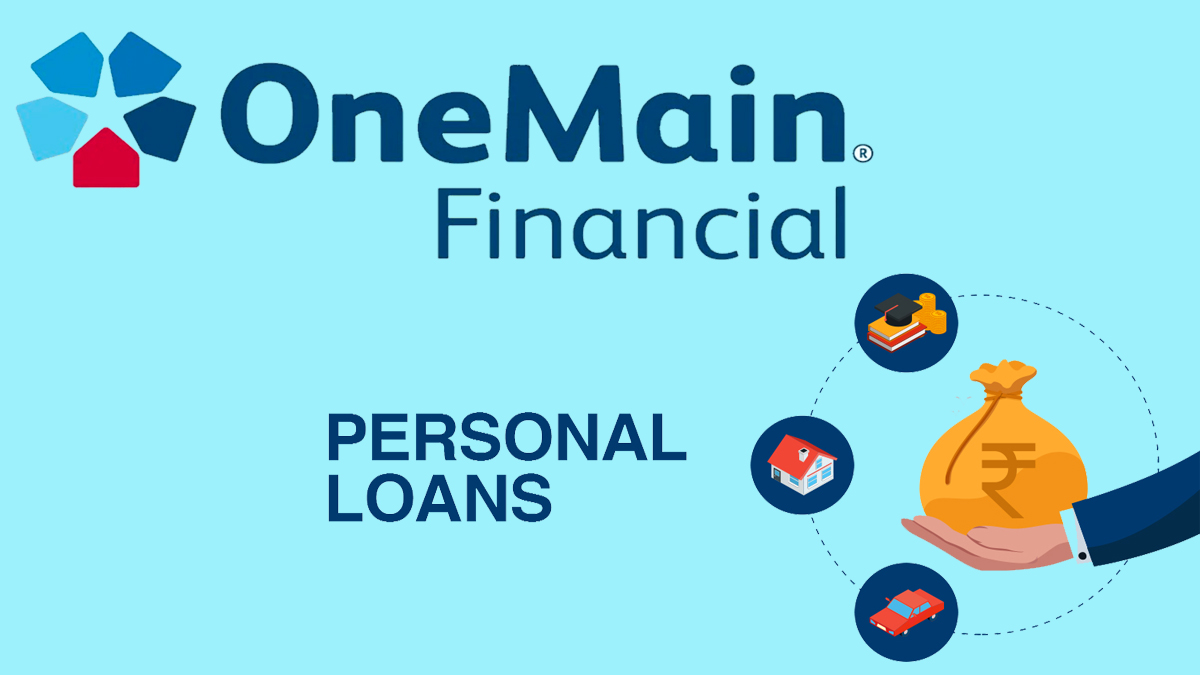An auto loan charge-off occurs when a lender categorizes a loan as a liability instead of an asset during accounting because they no longer believe that you will repay the loan.

An auto loan charge-off can significantly impact your credit score and financial well-being. To avoid charge-offs, always prioritize timely loan payments and maintain open communication with your lender if you anticipate any payment difficulties.
How an Auto Loan Charge-Off Works
When a lender deems an auto loan debt uncollectible, they may initiate the charge-off process. This process can significantly impact the borrower in various ways.
- Accounting shift: The lender reclassifies the loan as a liability instead of an asset, meaning it’s no longer considered income but rather a loss.
- Default notification: In some states, the lender must inform the borrower of the default and provide an opportunity to repay the debt, though this is not a requirement in all states.
- Collection agency involvement: The outstanding debt is often transferred to a collection agency that pursues repayment, potentially leading to legal action or wage garnishment.
- Credit score impact: Charge-offs are reported to credit bureaus, causing a significant drop in the borrower’s credit score and negatively impacting their credit profile for up to seven years.
- Vehicle repossession: For secured auto loans, the vehicle may be repossessed by a debt collector, further damaging the borrower’s credit score.
To avoid the repercussions of an auto loan charge-off, prioritize timely loan payments and communicate with your lender if you anticipate financial difficulties.
Can You Drive a Charge-Off Car?
In some cases, you might be able to continue driving a charged-off vehicle. However, if the loan is secured, the lender can repossess it in the event of a default.
Most states require lenders to provide a default notice and a grace period to bring the loan current, giving borrowers a chance to avoid repossession by catching up on payments.
Certain states also offer the option to maintain possession of the vehicle as long as you adhere to a mutually agreed-upon repayment plan.
Unsecured auto loans, though rare, typically enable borrowers to keep driving the vehicle even after a charge-off since repossession is not an option.
It’s important to note that even with an unsecured car loan, the lender can still pursue legal action to repossess the vehicle if necessary.
What to do if Your Car Loan is Charged Off
Once your car loan is charged off and sold to a collection agency, it’s crucial to engage with the agency and develop a repayment plan. Here are some potential outcomes when working with a collection agency:
- Payment plan: Instead of avoiding the collection agency, communicate your financial situation and propose a payment plan based on what you can afford. The agency might be open to accepting a payment plan for the remaining balance.
- Settlement: The collection agency likely acquired your account for a fraction of the outstanding balance, giving you room to negotiate. They may be willing to settle the account for less than the total amount owed. Ensure you obtain written confirmation stating that the account is paid in full and closed.
- Legal judgment: If the collection agency cannot collect payments, they may take legal action against you. A legal judgment could lead to additional collection measures, such as wage garnishment.
Addressing a charged-off car loan by working with the collection agency is essential. Obtain any agreements in writing, and be prepared to explore options like bankruptcy to discharge the vehicle loan charge-off if necessary.
How Long Does a Car Charge-Off Stay on Your Credit?
A car loan default and charge-off will stay on your credit report for seven years. Accurate negative information cannot be removed early, but it is essential to review your credit report and dispute any inaccurate details.
Regularly monitoring your credit report is crucial to maintaining the accuracy of the information and ensuring fair treatment by lenders and creditors.
While the charge-off will eventually fall off your credit report, taking proactive steps to address outstanding debt and practicing responsible credit management can help you rebuild your credit over time.
Frequently Asked Questions
How does an auto loan get charged off?
If a borrower misses multiple payments, typically after 120 days of non-payment, the lender may charge off the loan.
What happens after an auto loan charge-off?
The lender may sell the debt to a collection agency, which will then pursue the borrower for repayment.
Can I keep my car after an auto loan charge-off?
It depends on the loan type and lender policies. In some cases, you may be able to negotiate a repayment plan or settle the debt.
How does an auto loan charge-off impact my credit?
A charge-off will negatively impact your credit score and may remain on your credit report for up to seven years.
Can I remove an auto loan charge-off from my credit report?
Accurate charge-offs cannot be removed early from your credit report, but you can dispute any inaccurate information.
How can I avoid an auto loan charge-off?
Make timely payments, and communicate with your lender if you anticipate financial difficulties.
What are my options if I can’t afford my car payments?
Contact your lender to discuss potential solutions like loan modification or refinancing.
Is an auto-loan charge-off the same as repossession?
While both involve loan defaults, a charge-off refers to the accounting classification of the debt, whereas repossession involves the physical seizure of the vehicle.
Can I recover from an auto loan charge-off?
Yes, by addressing the charge-off, practicing responsible credit management, and maintaining timely payments on other financial obligations, you can gradually rebuild your credit.



